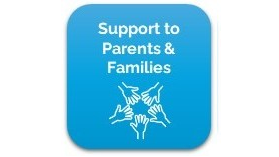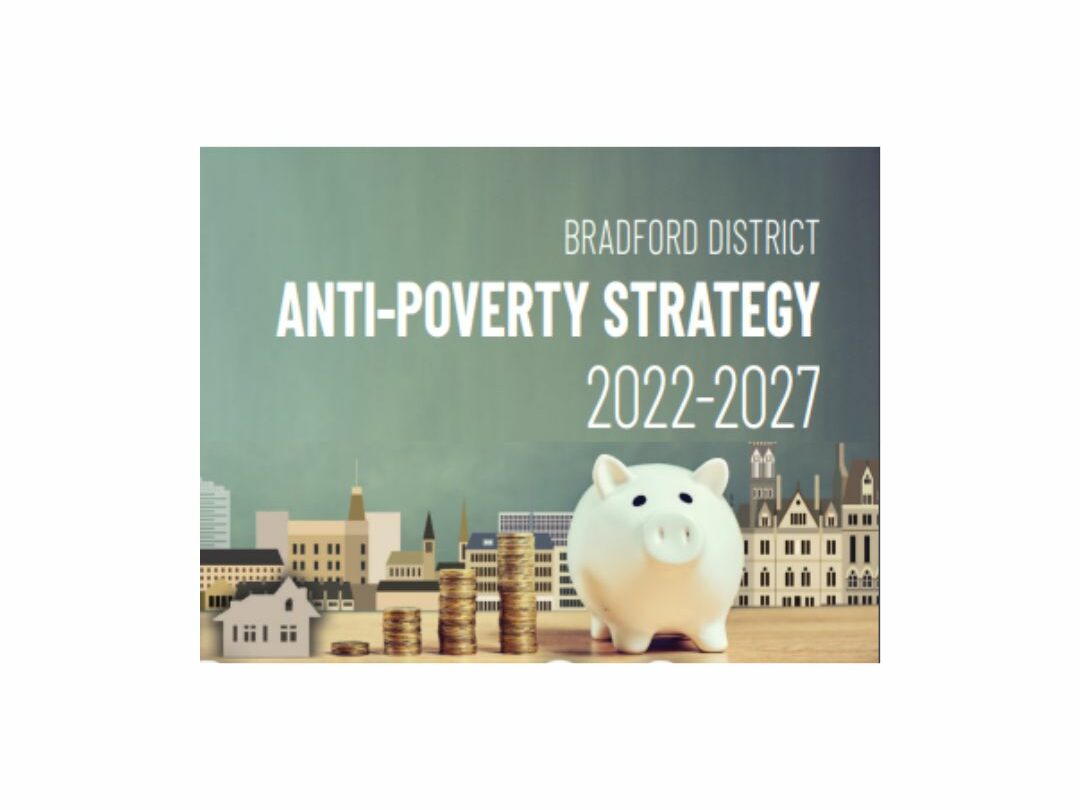
What we do:
A key focus of Living Well Schools is to support schools in identifying and addressing the impacts of poverty on the school day. This approach aims to mitigate the impacts of social inequality on health and education, ensuring that all children, regardless of socio-economic background, have equal opportunities to succeed. By identifying and removing barriers related to poverty, Living Well Schools helps to create a more inclusive and supportive school environment, making it possible for every child to access the resources and support they need.

















